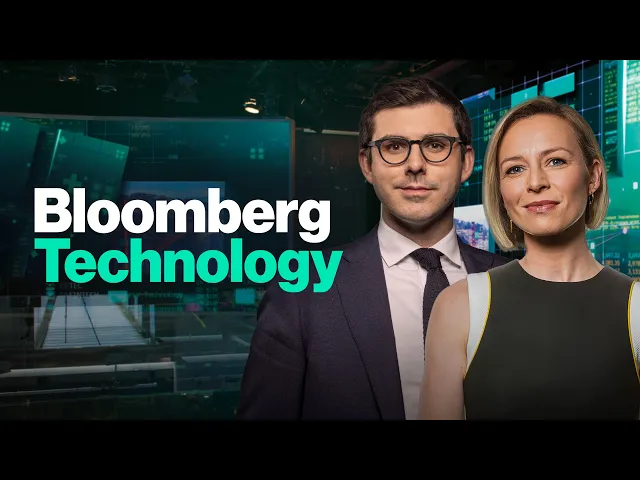Nvidia CEO Slams US Chip Rules, Trump’s AI Action Plan

Jensen weighs in on chip regulations
In a candid conversation with Bloomberg Technology, Nvidia CEO Jensen Huang didn't mince words about current U.S. chip export regulations to China and their potential impact on global technology development. The interview, which also touched on Trump's AI plans and broader industry implications, showcased Huang's characteristic straightforwardness as he navigated the delicate balance between national security concerns and innovation imperatives.
Key points from the interview:
- Huang emphasized that chip export controls should be "precise and targeted" rather than broad restrictions that might stifle global technological progress
- He acknowledged the legitimate security concerns driving restrictions but warned against overreach that could harm American companies
- When asked about Trump's AI plans, Huang carefully sidestepped direct political commentary while affirming that all administrations must recognize AI's transformative potential
Jensen Huang's most compelling insight was his nuanced position on chip regulations—acknowledging their necessity while advocating for precision. This matters tremendously in today's geopolitical climate where technology has become the new battleground for national influence. As tensions between the U.S. and China continue to intensify, finding the right regulatory balance could determine whether innovation flourishes globally or becomes fragmented along geopolitical lines.
The implications extend far beyond Nvidia's bottom line. The semiconductor industry represents the foundation of modern technological progress, from smartphones to data centers powering AI research. Broad restrictions risk creating separate technology ecosystems, potentially slowing advancement in critical areas like climate research, healthcare, and economic development. The ripple effects could reshape global supply chains, research collaboration networks, and ultimately, who leads the next wave of technological revolution.
What Jensen didn't explicitly address is how these regulations are already reshaping Nvidia's product strategy. The company has reportedly developed China-specific chips that comply with U.S. export restrictions while still delivering substantial performance improvements. This adaptation demonstrates both Nvidia's agility and the fundamental challenge of technology containment in a globally connected world. Knowledge, unlike physical goods, flows across borders despite regulatory barriers, often leading to parallel development paths rather than true technological containment.
Looking beyond the headline-grabbing U.S.-China tensions, there's another critical dimension to consider: the impact on developing economies. Nations like India, Vietnam, and Brazil are working to build their technological capabilities, often through partnerships with both
Recent Videos
How To Earn MONEY With Images (No Bullsh*t)
Smart earnings from your image collection In today's digital economy, passive income streams have become increasingly accessible to creators with various skill sets. A recent YouTube video cuts through the hype to explore legitimate ways photographers, designers, and even casual smartphone users can monetize their image collections. The strategies outlined don't rely on unrealistic promises or complicated schemes—instead, they focus on established marketplaces with proven revenue potential for image creators. Key Points Stock photography platforms like Shutterstock, Adobe Stock, and Getty Images remain viable income sources when you understand their specific requirements and optimize your submissions accordingly. Specialized marketplaces focusing...
Oct 3, 2025New SHAPE SHIFTING AI Robot Is Freaking People Out
Liquid robots will change everything In the quiet labs of Carnegie Mellon University, scientists have created something that feels plucked from science fiction—a magnetic slime robot that can transform between liquid and solid states, slipping through tight spaces before reassembling on the other side. This technology, showcased in a recent YouTube video, represents a significant leap beyond traditional robotics into a realm where machines mimic not just animal movements, but their fundamental physical properties. While the internet might be buzzing with dystopian concerns about "shape-shifting terminators," the reality offers far more promising applications that could revolutionize medicine, rescue operations, and...
Oct 3, 2025How To Do Homeless AI Tiktok Trend (Tiktok Homeless AI Tutorial)
AI homeless trend raises ethical concerns In an era where social media trends evolve faster than we can comprehend them, TikTok's "homeless AI" trend has sparked both creative engagement and serious ethical questions. The trend, which involves using AI to transform ordinary photos into images depicting homelessness, has rapidly gained traction across the platform, with creators eagerly jumping on board to showcase their digital transformations. While the technical process is relatively straightforward, the implications of digitally "becoming homeless" for entertainment deserve careful consideration. The video tutorial provides a step-by-step guide on creating these AI-generated images, explaining how users can transform...
